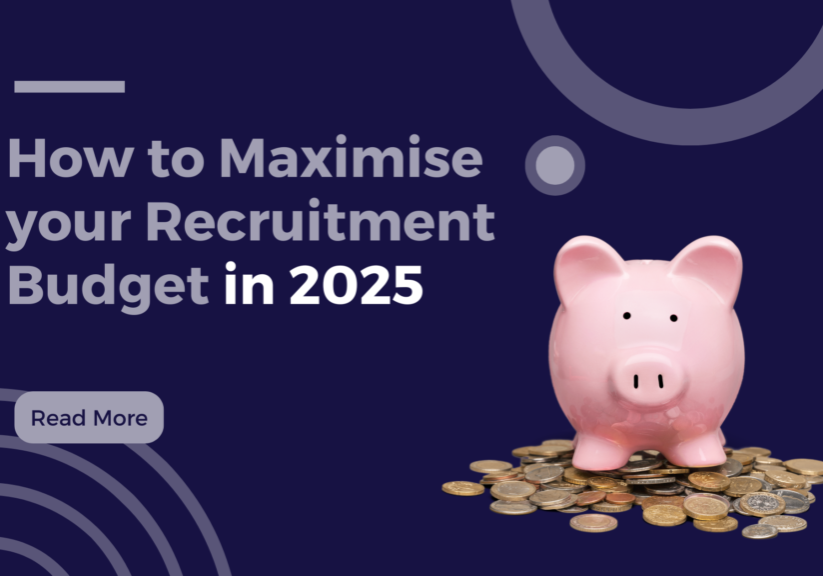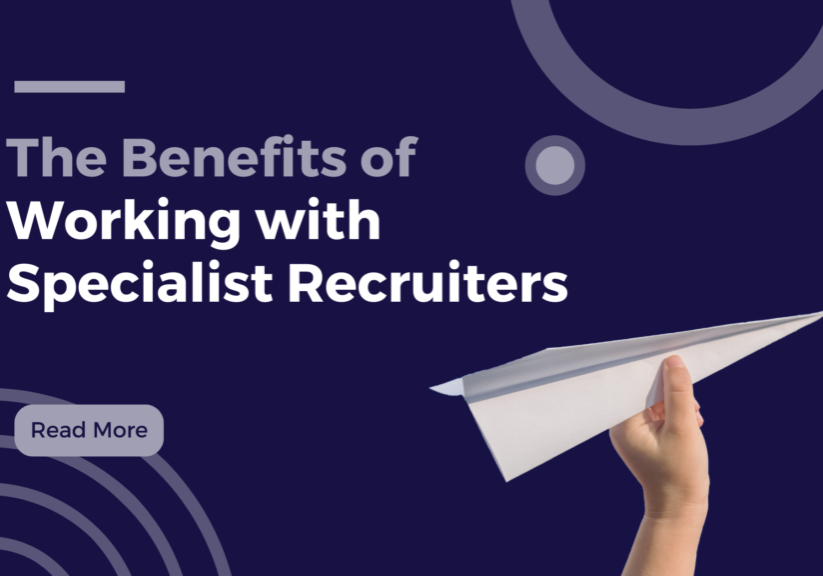In today’s fast-paced job market, the concept of remaining with one employer for the entirety of your career has become a rarity. With professionals prioritising career development and well-being, job-hopping and seeking new opportunities have become increasingly common practise. In fact, 70% of all working-age people are actively looking for a new job (Apollo Technical, 2023).
Whilst new jobs can bring exciting new challenges and opportunities for growth, staying in a job for long tenures also offers numerous benefits. In this blog, we will explore the key factors to consider when determining how long you should stay in a job to progress in your career.
Job Satisfaction and Opportunities for Growth
There is no definitive minimum or maximum amount of time you should stay at a given job, but a good barometer is to ask yourself the following questions: Am I content with my current position? Does the job align with my career goals?
If you find your current role fulfilling, and there are plenty of opportunities for growth within the company, it would be wise to continue your employment with them. If not, start exploring other avenues. After all, a person should only stay in a job for as long as the job and the company meet their needs.
Assessing Your Goals
It is crucial to play an active role in creating the career you want. Every six months, identify your career goals and assess how your current job aligns with them. As priorities change, so might your career objectives. Evaluate the opportunity for growth within your company and also how the culture is shifting in the face of industry trends, needs of the market, and changes in leadership. Sometimes, a shorter stay in a job can be justified if it propels you toward your ultimate objectives.
The 4 F Framework
Speaking to Fast Company (2023), Owner of John Neral Coaching LLC, John Neral coined the 4 F Framework:
“Wherever I’ve worked, I evaluated whether I should stay or leave based on these four Fs: Fit, Function, Finance, and Forward.
Fit is how well you align with the organization’s culture, mission, and vision. Function is about how much you enjoy the work you do each day. Finance is how much you are compensated, and Forward is how strongly your path within that organization sets you up for learning new skills and advancing within the company.
I know from my experience and my clients that when one of the Fs is off, it’s not a dealbreaker. But when two or more Fs aren’t aligning for you, it’s an excellent opportunity to question why you are staying at that job and whether or not it’s time to make a change.”
Expertise
The first few months in a new job often consist of learning and adjusting to your new environment. As you become more proficient in your role, your expertise increases. Staying in a job for an extended period enables you to strengthen your skills and become an expert in your industry. This expertise can increase your market value and make you more desirable to future employers.
Impact on Career Progression
While staying in a job can have its benefits, being overly complacent can hinder your career progression. If you feel stagnant in your current job, it may be time to reassess your options, be this discussing CPD opportunities with your manager or seeking new opportunities elsewhere. Changing jobs can be a strategic move to climb the career ladder faster or switch to a different industry that aligns better with your passions and interests.
Recognising Red Flags
It’s essential to recognise ‘red flags’ in your current job that might be detrimental to your career growth, be this little investment in your CPD, toxic work environments or lack of support from management. These are all telltale signs that it might be time to explore new opportunities. Your mental and emotional well-being should not be compromised for the sake of job tenure.
Conclusion
With varying circumstances and career aspirations, there is no one-size-fits-all answer to determine how long you should stay in a job. Whether you choose to stay with an employer for decades or explore new ventures after a year, always prioritise your professional growth and well-being. Ultimately, your career journey should be guided by what brings you fulfillment.
Sources
https://www.fastcompany.com/90917028/how-long-should-you-stay-at-a-job
If you’re struggling to navigate your career, enteles are here to advise you in any way that we can. Simply get in touch on +4420 3884 2233 or email hello@enteles-search.com to get started!





